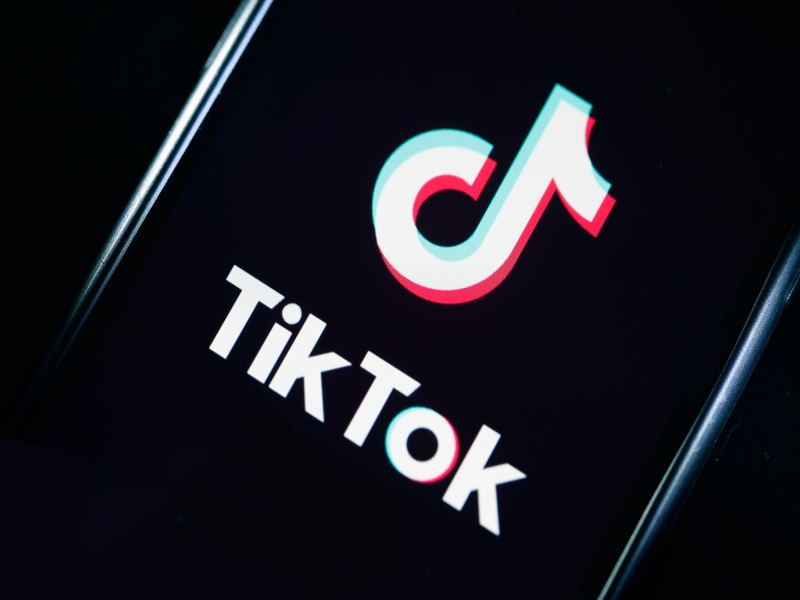U.S. Draft Bill Would Prohibit TikTok

ByteDance, a Chinese internet business, owns the famous video-sharing app TikTok. The platform is under renewed political pressure in the US due to a law that might prohibit the app.
On Tuesday, a measure was proposed in Congress that would force Beijing-based ByteDance to sell its shares in TikTok or risk having the platform removed from U.S. app stores and web hosting providers. With the bill’s passage into law, ByteDance would have little over five months to meet the requirements.
Rep. Raja Krishnamoorthi (D-India) and House Select Committee on the Chinese Communist Party (R-India) have introduced a bill that would address “foreign adversary-controlled applications” and identify the potential threats to national security that Bytedance and TikTok pose.
According to Gallagher’s statement in the press release, “America’s foremost adversary has no business controlling a dominant media platform in the United States.” She was alluding to China. The law would grant the U.S. president the authority to “press harmful apps to divest and protect Americans’ security and privacy,” according to Krishnamoorthi.
According to the bill, a company is considered to be controlled by a foreign opponent if a foreign adversary owns at least 20% of the company’s shares, either directly or indirectly, or if the company’s headquarters are in or controlled by such a party.
According to a representative from TikTok, the measure would have a negative impact on the platform’s 170 million American users and 5 million small companies in the United States. They further stated that the bill would “trample” on First Amendment rights.
On Tuesday, Gallagher and Krishnamoorthi filed a bill that would sanction data brokers that sell information to foreign enemies or businesses controlled by them. On Thursday, the House Committee on Energy and Commerce is slated to hold a legislative hearing to consider both legislation.
U.S. senators have been trying to crack down on the popular short-video app for years, citing national security concerns related to China as the reason for their activities. The publishing of the draft bills is the most recent development in this ongoing endeavor.
During a congressional hearing last year, TikTok CEO Shou Zi Chew denied any affiliations with the Chinese Communist Party. This subject resurfaced earlier this year during a Senate hearing concerning the protection of children from harmful content on social media.
Legislators have made no headway in their efforts to outlaw TikTok in the past. Last year, they sponsored the RESTRICT Act, which would grant the US administration the authority to ban the platform. In November, a federal judge in Montana issued a preliminary blocking order, ruling that the legislative attempt to ban the platform statewide was likely in violation of the First Amendment.
Pew Research Center found in January that YouTube is still the most popular U.S. social media network, with Facebook coming in second. Thirty percent of those surveyed in the same study utilized TikTok, up from twenty percent in the previous year (2021).




